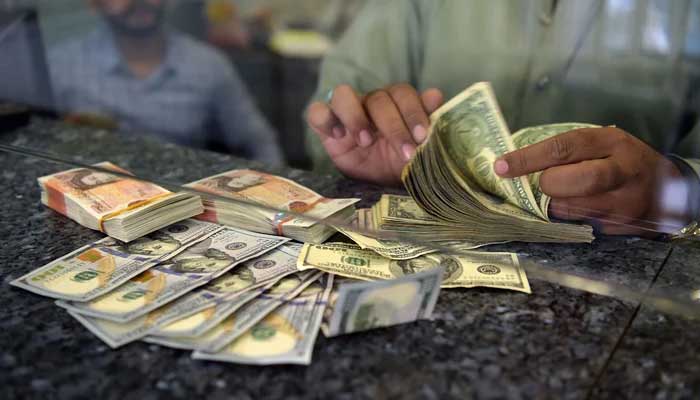Following the collapse of talks between the Awami Action Committee and the AJK government on Sunday, the shutdown strike and protests in Azad Kashmir over rising flour and energy costs started their fourth day on Monday.
The ongoing shutdown and wheeljam strike would continue until their demands are fulfilled, according to the Awami Action Committee.
AAC-led march on state capital Muzaffarabad today has brought the valley to a near stop. The caravans are coming from many AJK cities, and they are headed towards Rawalakot. The march is being caused by the impasse in the negotiations.
Reportedly, the demonstrators have blocked the 40-kilometer Kohala–Muzaffarabad Road, which connects Kohala Town and Muzaffarabad, multiple times.
Traffic on main thoroughfares and roads has decreased, and large police contingents have been stationed at strategic points and roundabouts.
After fighting broke out between the police and demonstrators in Mirpur on Saturday, which left one policeman dead and numerous others injured, the AJK government dispatched Rangers.
Everything is completely suspended, including internet and cellular services, business, and education.
Under the pretext of talks, Awami Action Committee leader Sardar Umar Nazir Kashmiri has charged that the administration is using deceptive methods.
Apart from the flour subsidy, he continues, the administration will not budge on any other demand.
CONVENE MEETINGS, PRESIDENT, PM
All parties involved have been asked by Prime Minister Shehbaz Sharif and President Zardari to use moderation and engage in discussions to find a solution. According to both, the demonstrators in Azad Kashmir should have their legitimate demands met.
The issue in AJK will be the topic of a significant meeting that Prime Minister Shehbaz Sharif is calling today, Monday.
The skirmishes between the demonstrators and the AJK police caused anxiety for the premier on Sunday.
Speaking with Chaudhry Anwarul Haq, the prime minister of AJK, he said he also gave the office-bearers of the All-Pakistan Muslim League-Nawaz in AJK instructions to speak with the leaders of the Awami Action Committee.
Olive Branch is offered by AJK PM.
Prime Minister of Jammu and Kashmir Chaudhry Anwarul Haq stated on Sunday that his administration was ready to lessen the burden of exorbitant grain and energy costs.
Regarding Saturday’s meetings with the demonstrators, Prime Minister Haq declared, “We are determined to implement the agreement we have reached with the Awami Action Committee.”
Politicians, according to Haq, have found solutions to issues through discussion and “we are ready to talk with the Awami Action Committee at any level and the demands related to the government of Pakistan will be raised before the federation.”
In order to ease the burden of rising flour and power prices, he also expressed a willingness to modify the development budget if needed.
The AJK prime minister stated that his government’s first priority was ensuring public safety, and he further stated that no force was applied to the demonstrators.
Sub-inspector Adnan Qureshi was killed in a confrontation with demonstrators in Mirpur, and hundreds of people attended his funeral on Monday.

